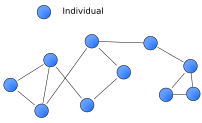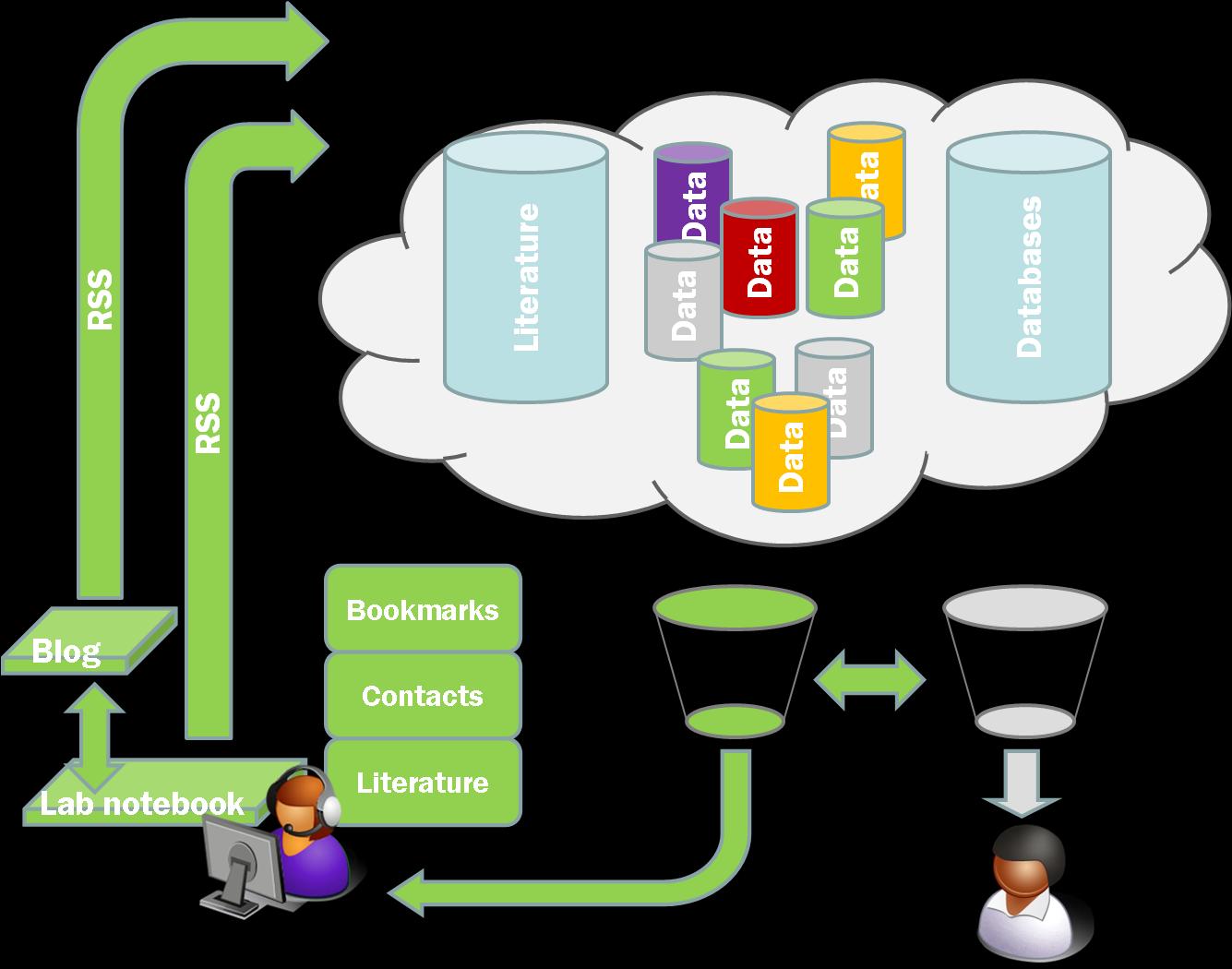
The Mars Phoenix landing has got a lot of coverage around the web, particularly from some misty eyed old blokes who remember watching landings via the Mosaic browser in an earlier, simpler age. The landing is cool, but one thing I thought was particularly clever was the use of Twitter by JPL to publicise the landing and what is happening on a minute to minute basis.



